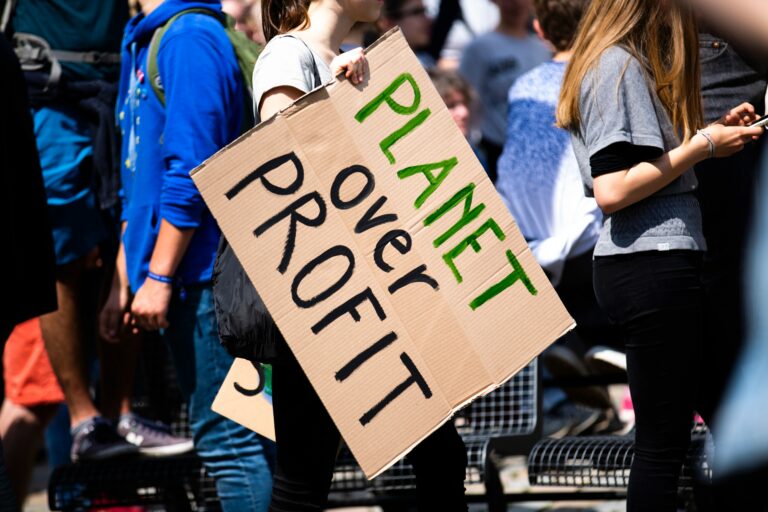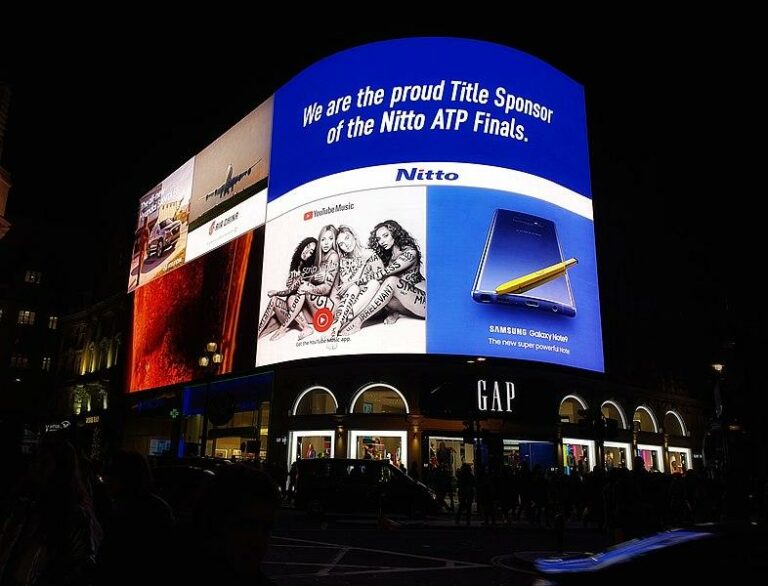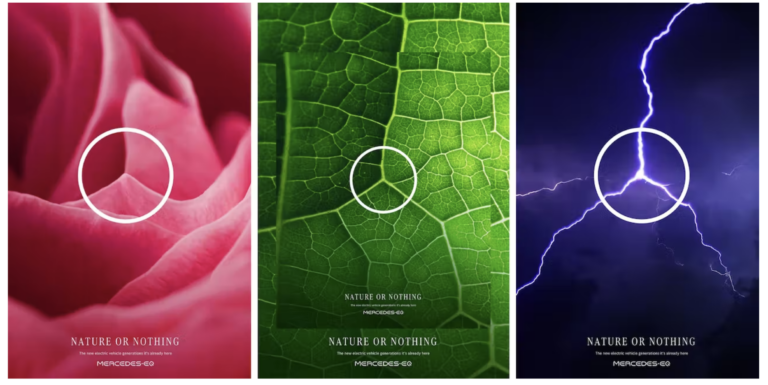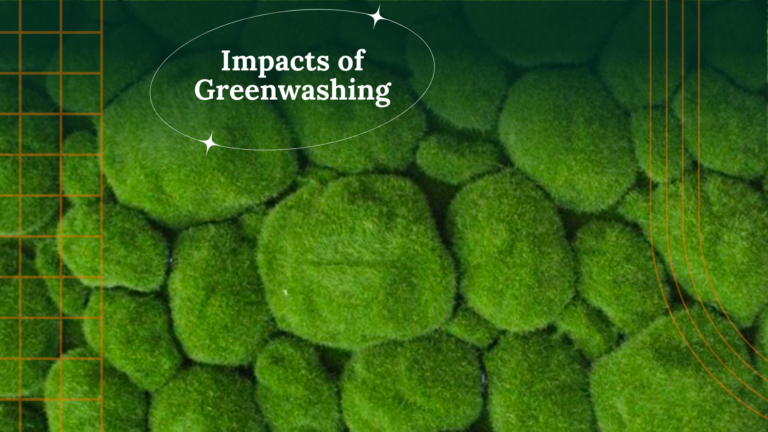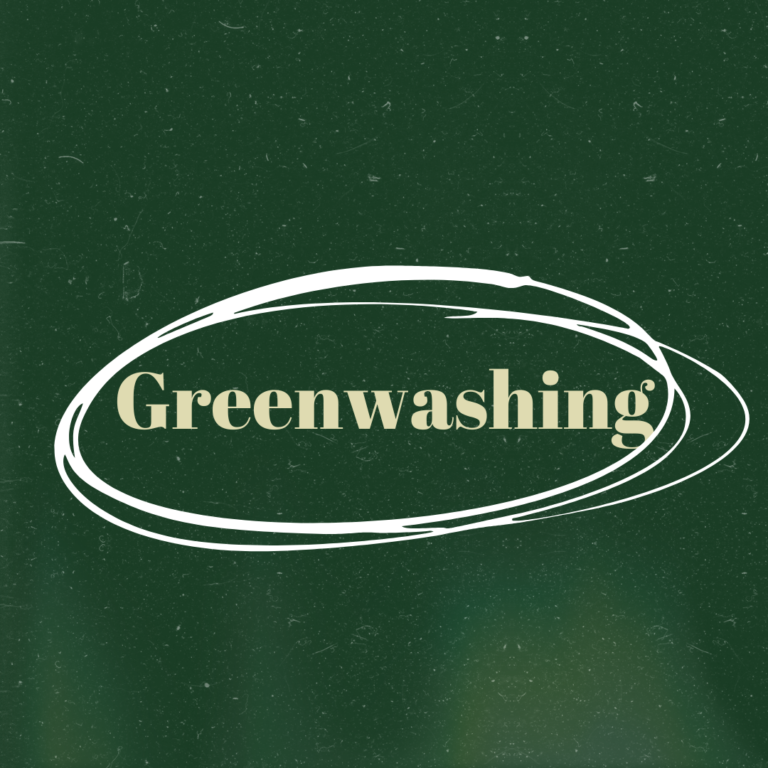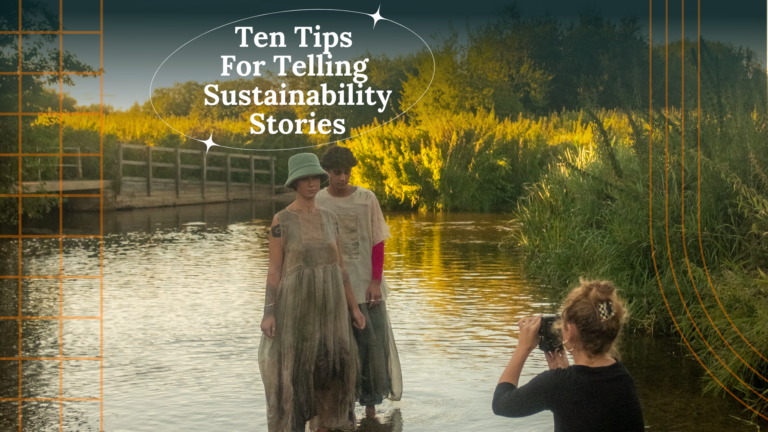What is a green claim?
Now, greenwashing takes many forms but mainly refers to ways of communication that make people believe that an organisation’s products, practices, or environmental performances are better than they are. You can read our blog post here to find out more about greenwashing and how to spot it. A green claim is when a product, service, brand, or business claims to be less harmful to the environment, or even benefit it.

Source: Unsplash Photos
Why was the Green Claims Code created?
Luckily, the Advertising Standards Authority (ASA) along with the Competition and Markets Authority (CMA) released the Green Claims Code. Its creation was followed by a review by the CMA and the Netherlands Authority for Consumers and Markets of 500 websites, each promoting a range of services and products. Startlingly, they found that 40% of these websites used marketing tactics that were misleading, vague, used own brand eco-labels, or hid and edited information concerning their environmental efforts. In September 2021, the ASA and CMA stepped in to create the Green Claims Code, a set of guidelines to give clarity to brands when making green claims.

Source: Unsplash Photos
How can I adhere to the green claims code?
When making a green claim, a business should be able say ‘yes’ to the following questions:
- Are your claims truthful and accurate?
- Are your claims clear and unambiguous?
- Do your claims omit or hide important information?
- Do your claims make only fair and meaningful comparisons?
- Have you provided robust and credible evidence for your claims?
- Do your claims consider the full lifecycle of a product?
(CMA, 2021)
If you would like further information on the Green Claims Code, take a look at the government webpage guidelines.
What happens if I break the Green Claims Code?
The CMA and other trading standards can bring court proceedings. In some cases, you may be made to pay damages to any consumer harmed in the breach of consumer protection laws. You could also be faced with legal action from consumers, who bring personal legal cases to business actions or seek damages for breaches in the law in courts. The mission of the Green Claims Code is to “crack down on misleading and socially irresponsible environmental advertising and to do so in the context framed by Government and key priorities identified by experts.” (UK Gov, 2021). It’s done well so far.
What Companies have been caught out for Greenwashing?
- Shell
Back in 2007, the oil and gas giant claimed that they use their waste CO2 “to grow flowers” and their waste sulphur to “make super-strong concrete”. Unsurprisingly, Shell could not present any evidence that their outputs could be recycled in this way.

Source: The Guardian
- Ryanair
The budget airline claimed that they had the “lowest airline emissions” in 2020, which ASA caught them out on. Again, they could not prove this. 
Source: Campaign Live
- Oatly
The Swedish dairy-alternative company released a marketing claim stating, “climate experts say cutting dairy and meat products from our diets is the single biggest lifestyle change we can make to reduce our environmental impact”. ASA said that Oatly only consulted one climate expert before including this in their campaign. Clearly, that was not significant enough to uphold the claim.

Source: Thred
- HSBC
ASA has banned HSBC ads which feature tree planting and net zero claims. Not a surprise when the bank has financed more than $100 billion in fossil fuels since 2016 and continues to fund deforestation.

Source: Adfree Cities
- Drax Group
The energy company has been caught processing whole logs from Canadian old growth forest for burning in its “sustainable” power plant in the UK. 
Source: Unsplash
- KLM
A greenwashing lawsuit has been filed against the airline by environmental organisations, arguing that the carrier refused to stop using “misleading” claims in its advertising. KLM’s ‘Fly Responsibly’ campaign breaches EU consumer rules by suggesting its flights won’t worsen the climate crisis. KLM have made other unsubstantiated claims in the past, such as their ‘Be a hero, fly CO2 zero.”

Source: World War Zero
- BP
In 2010, BP launched an advertising campaign called “BP: Beyond Petroleum,” which portrayed the company as a leader in renewable energy and featured images of wind turbines and solar panels. However, the majority of BP’s business was still focused on oil and gas production, and the company had a history of environmental disasters, such as the Deepwater Horizon oil spill in the Gulf of Mexico. This campaign was widely criticized as an example of greenwashing.

What can I do as a business?
- Set clear goals and targets for reducing greenhouse gas emissions and other environmental impacts.
- Communicate openly and honestly about the environmental impact of the company’s products, services, and operations.
- Obtain third-party certification for environmental claims, such as eco-labels or certifications from organizations like the Forest Stewardship Council (FSC) or the Marine Stewardship Council (MSC).
- Avoid using vague or misleading language in environmental marketing, such as buzzwords like “natural” or “green” without providing specific information about the environmental benefits of the product.
- Disclose any negative environmental impacts of the company’s products, services, or operations, and provide information about how the company is addressing these impacts.
- Educate your team; You want your team to know what the brand is standing for.
- Hire an agency that specialises in sustainable communications. This is one of the most valuable things you can do to ensure that what you say adheres to guidelines. Hiring an agency means that worry is off your shoulders.











